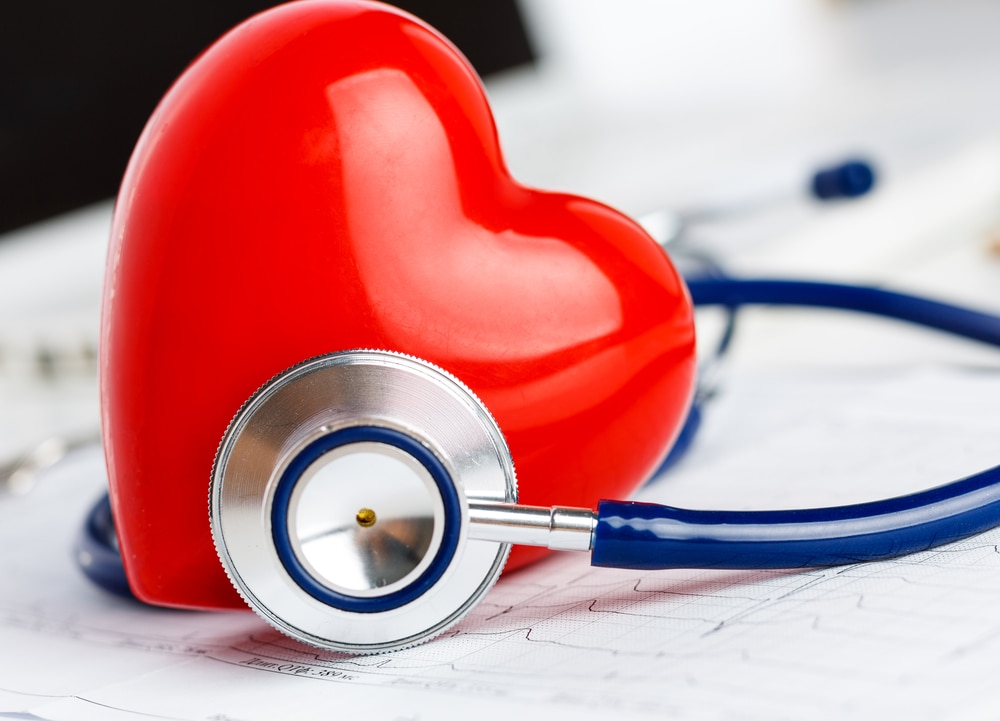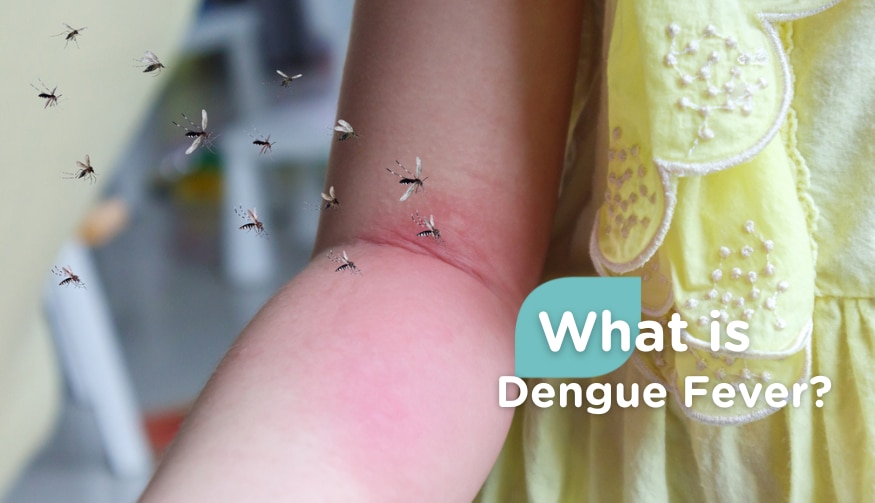
Heart attacks are deadly. Every year, this disease claims millions of lives worldwide. While heart disease complications may seem to have no cure, the early stages of heart disease can easily be prevented. Identifying your risk for a heart attack and seeking immediate treatment for warning signs can save you from sudden cardiac disease.Heart attacks often give out gradual warning signs and symptoms before they occur. These warning signs are the following:
- * Chest discomfort at the center of the chest that lasts for a few minutes and may wax or wane. It can feel like uncomfortable pressure, squeezing, fullness or pain
- * Discomfort in other areas such as in the upper abdomen, back, or jaw
- * Shortness of breath
- * Weakness or unexplained fatigue
- * Other symptoms such as lightheadedness, nausea, cold sweat, indigestion or heartburn
If you feel that you are having a heart attack, call 9-1-1 immediately or make someone do it for you.The signs and symptoms of a heart attack are vague and they often differ among individuals. They can also occur as “silent heart attacks” in women. These attacks are not actually “silent” literally, yet they may present as other symptoms like dizziness, vomiting, cold sweat, lightheadedness, or nausea.While only a trained medical professional can treat a heart attack, you can do some things to help stop a heart attack. Here are some things that you can do:
- If you feel symptoms, seek immediate medical help
If you feel that you are having a heart attack, have someone call an ambulance. Call 9-1-1 for immediate medical services. If a trained medical professional is available and if there is a defibrillator near your location, ask that professional to use it. Defibrillators comes with an easy-to-use manual, so it’s even possible for a non-EMS worker to use it for you.
- Take medicines
Chew and swallow an aspirin tablet, unless you are allergic to it or unless your doctor have told you to never take aspirin. Aspirin can slow down blood clot formation and can minimize the clot size on your blood vessels.If your doctor has already prescribed you with your medicines, you can take them. Some of the medicines that you can take, which your doctor may have prescribed, are aspirin or nitrates such as nitroglycerine sublingual tablets or isosorbide dinitrate tablets.
- Lie down and rest
After calling for help and taking aspirin, lie down and wait for help. Do not attempt to walk or go outside. Have someone near you until the ambulance arrives.
- Preventing A Heart Attack
To decrease your risk of having heart attacks, follow these tips:
- Avoid smoke and exposure to secondhand smoke
- Monitor your blood pressure and cholesterol levels
- Get regular medical checkups
- Exercise regularly
- Maintain a healthy weight
- Manage diabetes
- Manage stress
- Limit alcohol intake
Get your health, beauty and wellness product online! Shop now at Watsons. Click here to start shopping. -Medical Observer











